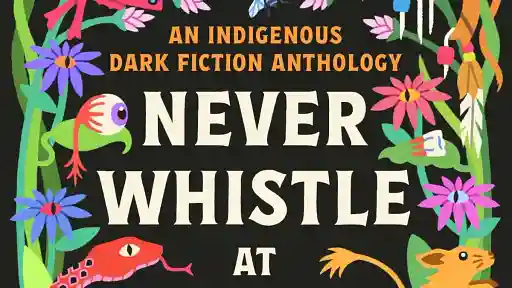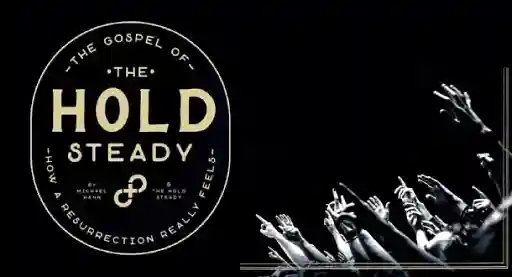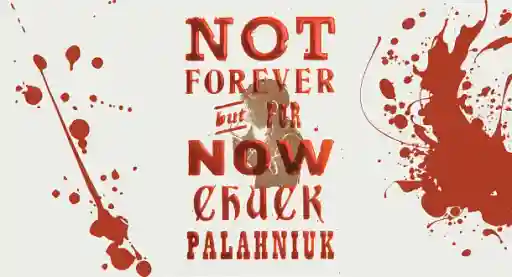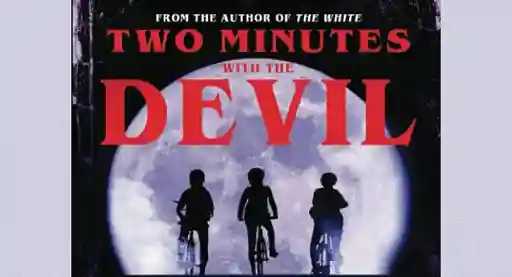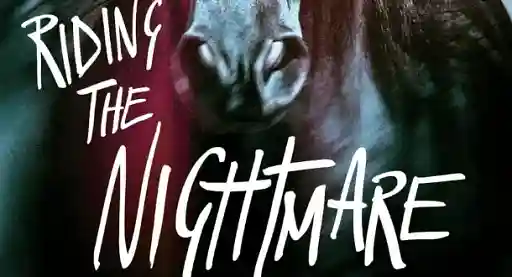Bookshots: Pumping new life into the corpse of the book review
Title:
What We’ve Lost Is Nothing
Who wrote it?
Rachel Louise Snyder, previously known for nonfiction works and contributions to several radio programs. More info about Snyder here.
Plot in a Box:
The citizens of one suburban street re-examine their lives in the wake of a mass burglary. Emotional drama ensues.
Invent a new title for this book:
We Were Dead Before The Ship Even Sank (Okay, I didn’t invent this title, but it works.)
Read this if you liked:
Any socio/psychological Lit Fic, Paul Thomas Anderson’s Magnolia, and Crash (not the celebrated J.G. Ballard novel or David Cronenberg's superb film adaptation; the other one).
Meet the book’s lead:
Mary Elizabeth McPherson, who happens to be at home during the burglaries. She becomes a darling to the media and her classmates.
Said lead would be portrayed in a movie by:
Let’s go with Jennifer Lawrence, but really, you could choose any young, talented, popular actress right now.
Setting: Would you want to live there?
I lived in Chicago for about three and a half years, and though I still love that city, I realized long ago it wasn’t my home. So as this book is set in Oak Park, a suburb of Chi-town, I’d probably have to say no. Plus, Snyder doesn’t exactly paint the town and Ilios Lane, the burgled street, as particularly idyllic. Double no!
What was your favorite sentence?
He was like a city under siege, full of broken buildings, and yet, inexplicably, light still flickered from some unknown source.
The Verdict:
I see Snyder as an author with significant potential. WWLIN is her debut novel, and while overall the writing is quite good, the story suffers from a greater desire to make a point, and an inability to really make it. This isn’t a bad book, necessarily, just an unfocused one. We explore the impact this burglary has on an entire street, and we see the positive and negative effects felt by each household. The problem is, while the characters are all fleshed-out well enough, I feel Snyder only scratches the surface—in other words, she’s interested in the socio/psychological ramifications of a life-altering event, but she doesn’t really go there. She occasionally digs deeper for certain scenes, but overall the inner thoughts and outer reactions of the characters are about what you’d expect, given the circumstances. Plus, given the shear volume of characters, there’s not a lot of variety in these thoughts and reactions.
Furthermore, Snyder tends to meander, and no one character was compelling enough to really captivate my interest. I found Susan and Michael McPherson, parents to the aforementioned Mary Elizabeth, a tad off-putting, particularly Michael, who lapses so quickly and gruffly into racist suspicions of his Cambodian neighbors, he’s almost instantly unlikable, and the psychological motivations behind his illogical thinking aren’t solid enough to elicit any real empathy for him. The most interesting character is Mary Elizabeth, but her journey has nothing to do with race relations, and everything to do with sexism and the downright bizarre expectations placed on young girls in this country. Compelling stuff, absolutely, and Snyder handles it well, but the question must be asked: to what end?
This is why I feel the book is unfocused. At times Snyder’s “point” about racism is so blunt she’s practically beating you over the head with it, as though it were a hammer, leading one to believe What We’ve Lost Is Nothing is indeed all about racism. And yet, there’s all this stuff about inner character turmoil, identity and sexism that have nothing to do with race, straying so far into unrelated waters, we fear we might drown. If the story’s about race, why focus on all this other information? If the story’s just about people, why shine such a stark light on the issue of race?
As I said, though, at the end of the day, I didn’t hate this book. It is well-written, and Mary Elizabeth’s story is quite impressive, shedding light on just how hard it is to be a teenage girl in America. This narrative is worthwhile, but WWLIN on the whole misses the mark. I am interested to see what Snyder produces in the years to come, though.

About the author
Christopher Shultz writes plays and fiction. His works have appeared at The Inkwell Theatre's Playwrights' Night, and in Pseudopod, Unnerving Magazine, Apex Magazine, freeze frame flash fiction and Grievous Angel, among other places. He has also contributed columns on books and film at LitReactor, The Cinematropolis, and Tor.com. Christopher currently lives in Oklahoma City. More info at christophershultz.com
